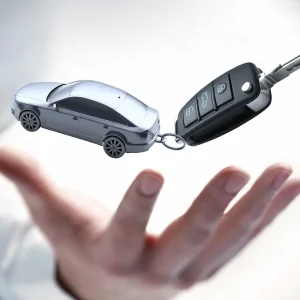
The recent Budget has clarified the position on benefit in kind (BIK) for fully electric cars through to 2029, ensuring EV salary sacrifice remains an enticing option for the foreseeable future.
Currently, drivers of EVs pay 2% BIK and, prior to the Budget the tables to 2027-28 showed the rate increasing by 1% each year. Now in 2028-29 and 2029-30, it will increase by 2% so in the latter year EV drivers will be paying 9%.
Despite this incremental increase, salary sacrifice remains the most cost-effective way for employees to source a fully funded and managed electric car.
Yet according to Steve Beadle, Grosvenor Leasing’s head of salary sacrifice, companies implementing a scheme should tread with caution and check what they are signing up for to minimise financial risk.
“A salary sacrifice scheme should be very quick to set up,” said Steve, “and at Grosvenor, we can have one up and running within 24 hours.
“However, it’s important to dig into the detail to understand the scheme – in particular around the area of employees leaving the company, being made redundant, being off through long-term sickness, or having time away from work for maternity or paternity leave.
“In a salary sacrifice arrangement, the contract is between the leasing provider and the company, as the car is supplied under a traditional corporate contract hire agreement.
“The employee then sacrifices a proportion of their gross salary to qualify for a company-provided car, and once national insurance and tax are taken into account the reduction in payroll matches the lease cost of the vehicle, providing a ‘net zero cost’ to the business.
“However, it’s important to ask what would happen if the driver was no longer on the payroll or away from the business for a period of time. That is the area where companies can become exposed financially.
“Under the Grosvenor Leasing scheme, we have mitigated against this possibility.
“Our extended risk protection programme offers free returns if employees leave. Furthermore, they can keep the vehicle without charge for up to 12 months if they take extended leave, such as for maternity/sickness.
“This means it can be implemented with complete peace of mind, and thanks to it being such a ‘light touch’ administratively, the employer only has to authorise orders with minimum wage checks, process payroll deductions and submit P11d reports, which we provide for them.”
www.thegrosvenorgroup.co.uk | Tel: 01536 536 536 | Email: info@grosvenor-leasing.co.uk





